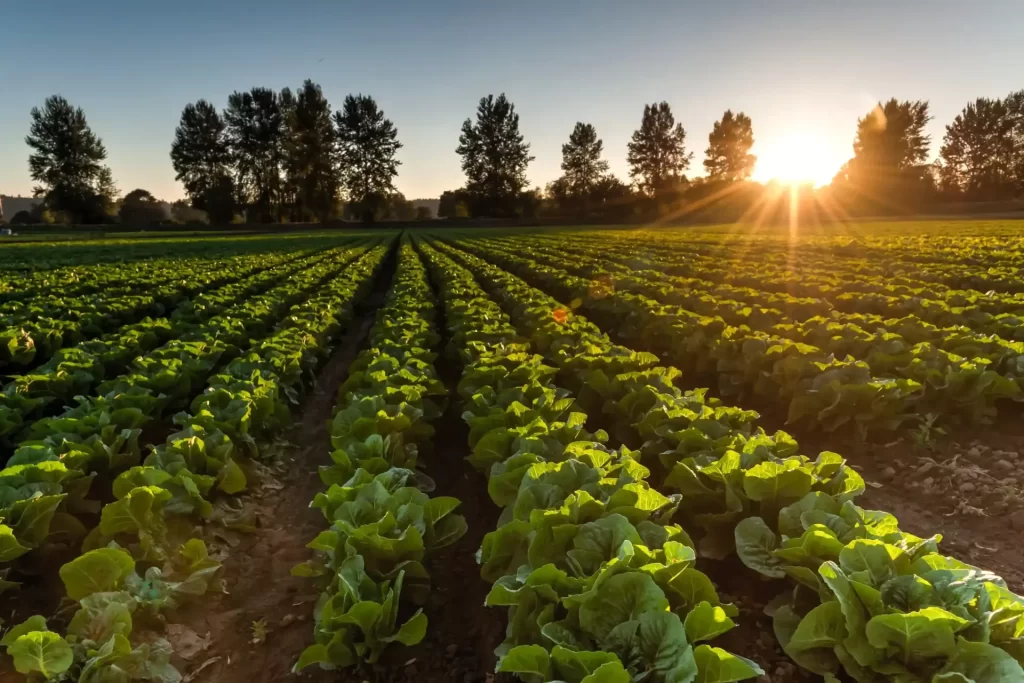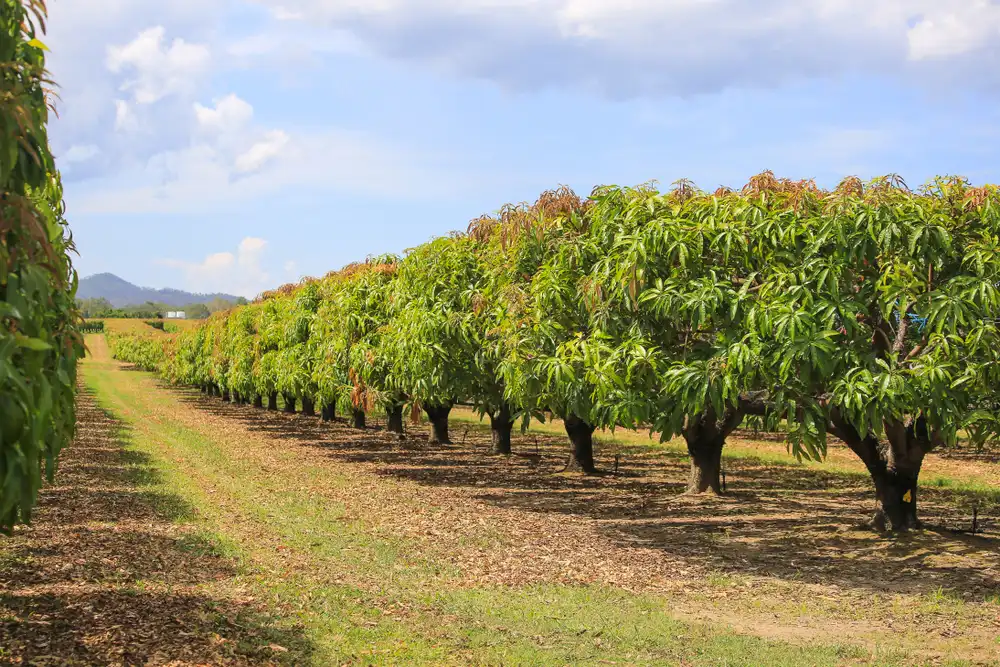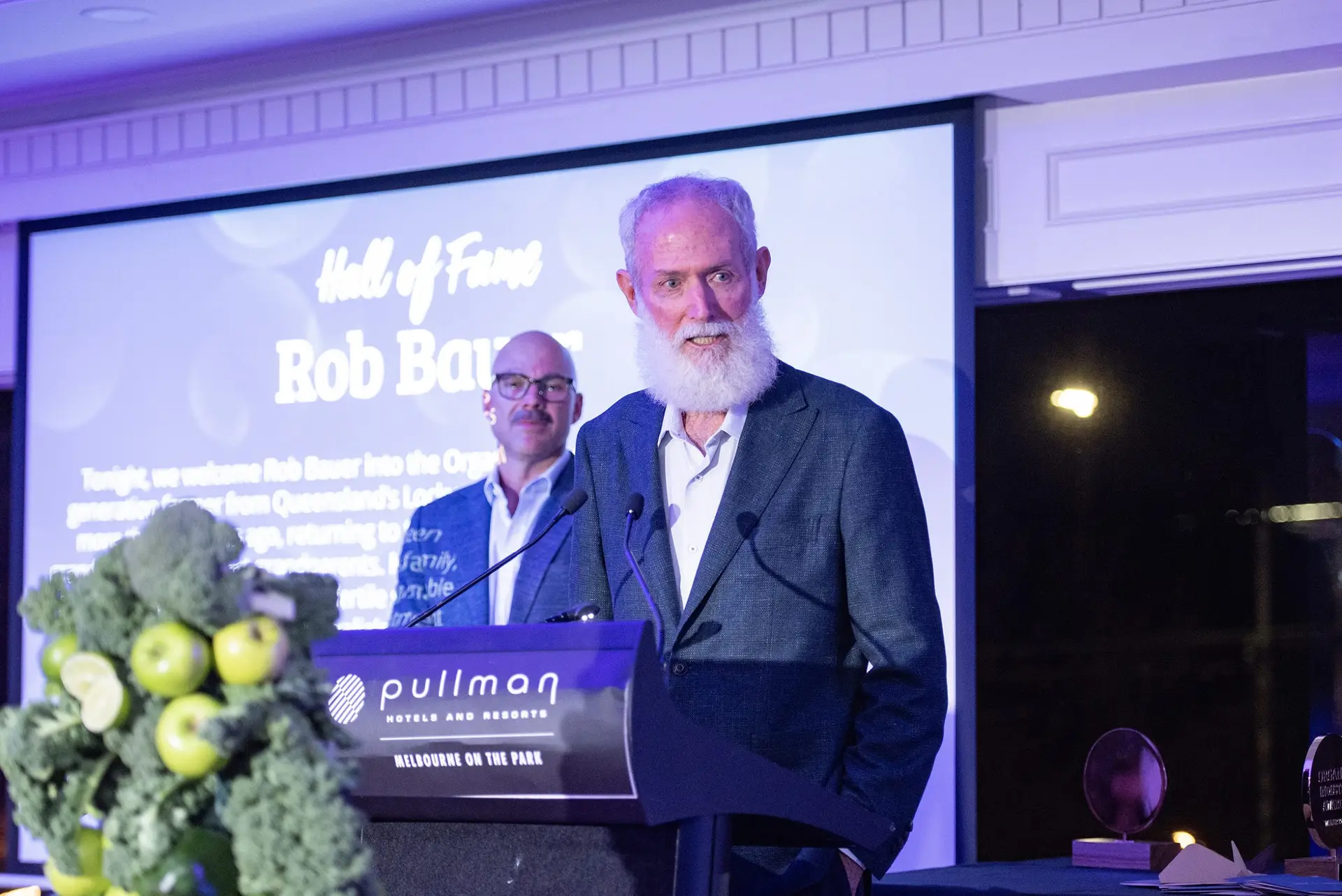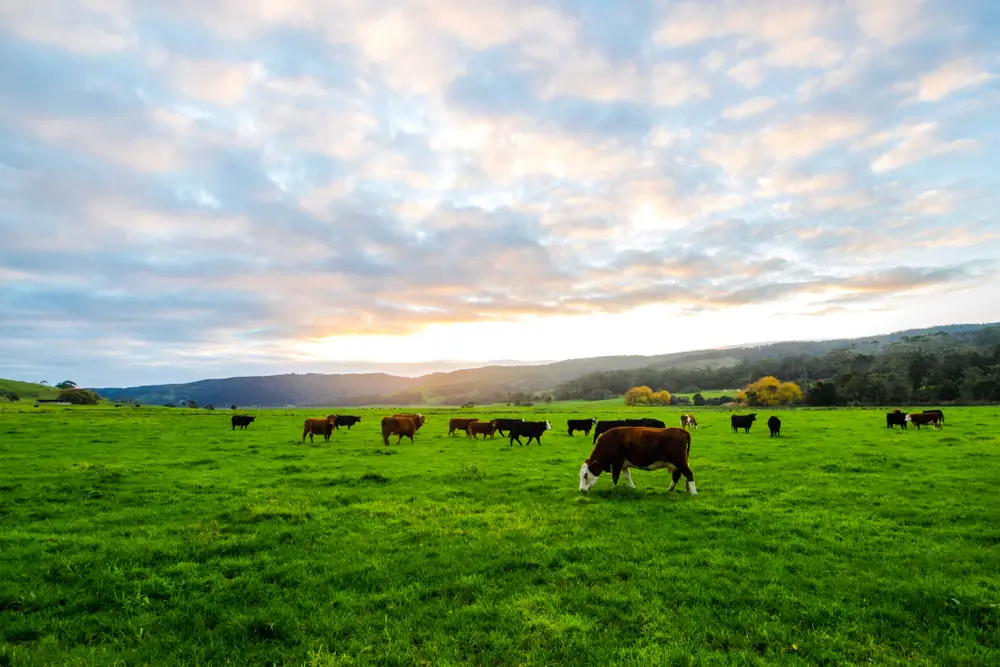RESEARCH released last week showing 8% of Australian people in a test population had traces of
weed killer glyphosate in their urine has further brought to light the need for consumers to be
aware of chemical use in the food supply chain.
The research, conducted by the University of Queensland, comes after earlier reports in the media highlighting a number of concerns surrounding the limited understanding of the amount of chemicals on produce.
Glyphosate can be ingested in food or water or inhaled or absorbed through the skin when using
products like weed killer.
Australian Organic Chief Executive Officer, Niki Ford, said the research and reports served as
timely reminders of the need to be aware of chemical use in food production so that informed
buying decisions can be made by those seeking to reduce toxin intake.
“Increasingly, consumers are taking steps to protect their health, so it is important there are
mechanisms for them to have a clear understanding of what is in or on the food they eat,” Ms Ford
said.
“Although the levels of glyphosate in the tested population was low and there is limited evidence as to how glyphosate affects human health, this clearly shows people may unknowingly have chemicals in their system which is something they may prefer to guard against if they had the choice.
“Food produced organically is free of synthetic herbicides, pesticides and chemicals and this is
what attracts many to fruits and vegetables grown in organic systems. They are also made without
artificial colours, preservatives, or genetically modified ingredients.”
Friday 30 September marked the conclusion of Australian Organic Awareness Month, an initiative developed by Australian Organic to share information on how to eliminate chemicals from diets and to shine a spotlight on the world-leading work of Australian farmers in animal welfare and environmental stewardship.
Ms Ford said this week’s reports also reiterated the importance of ensuring organically produced
food bears a trusted certification mark such as “The Bud”.
“The process of certification involves strict procedures including inspection and approval of every
part of the supply chain by an independent, third-party certification body and is the only way to truly know you are reducing chemical ingestion,” Ms Ford said.
“Australia has more land committed to organic production than any other nation and our organic
producers are some of the best in the world who very proudly provide high-quality and safe food
we can enjoy with peace of mind.”
Media enquiries:
Stacey Wordsworth
[email protected]
0438 394 371





